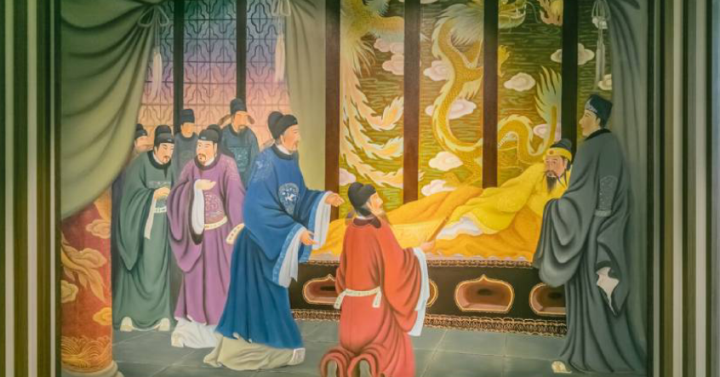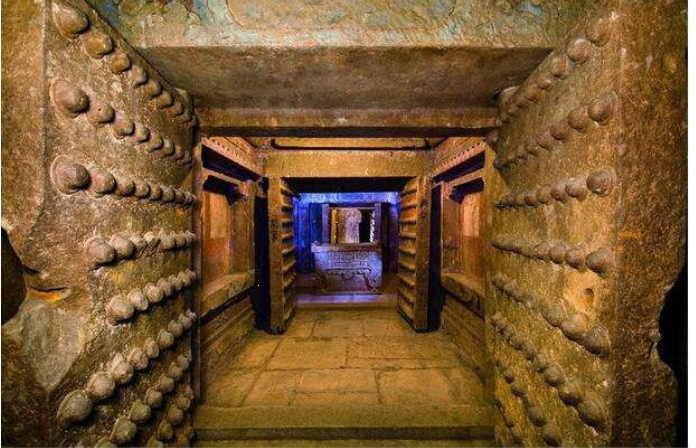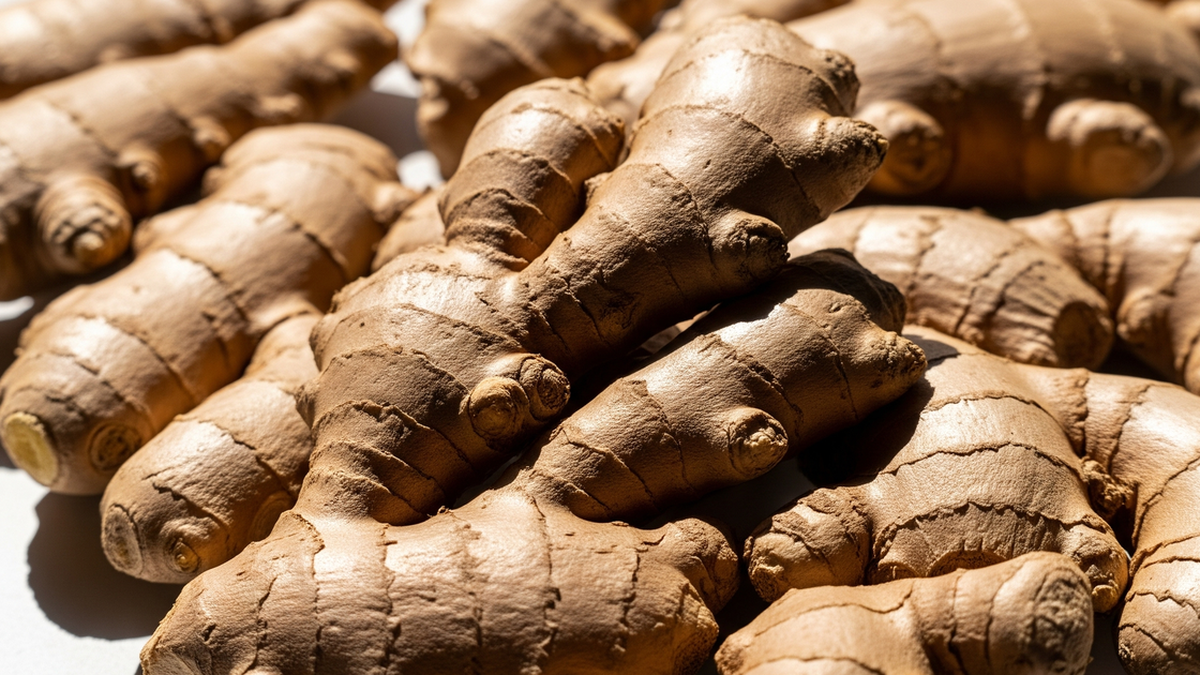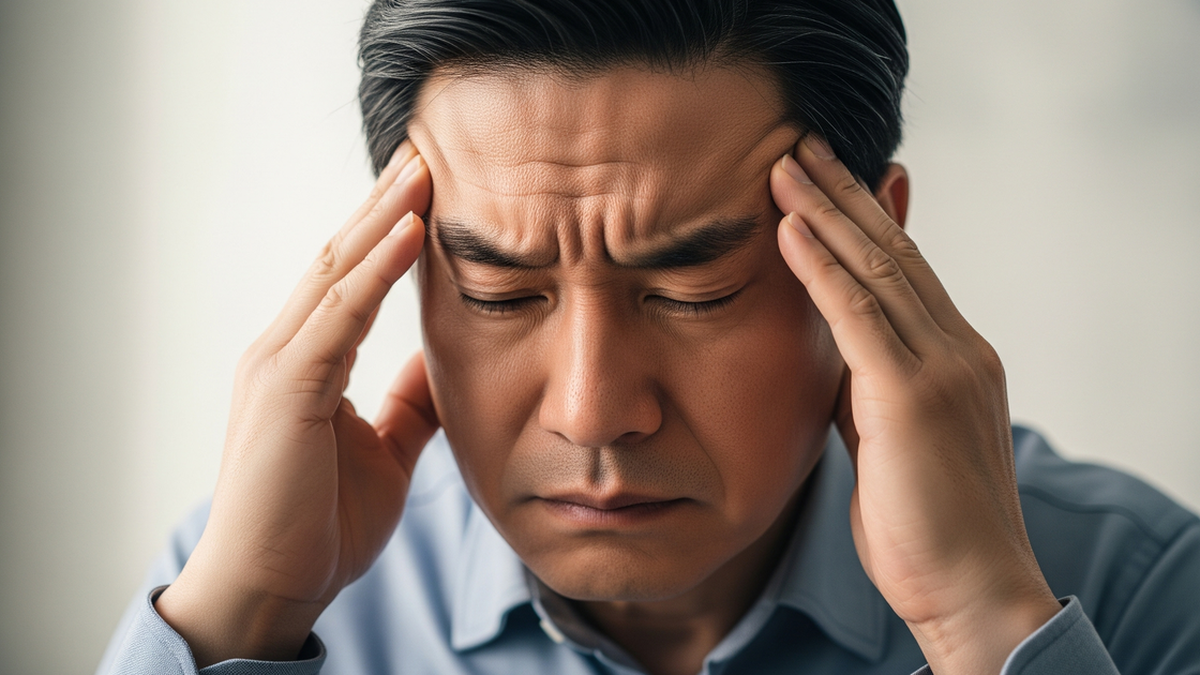During feudal times, the custom of martyrdom often appeared in the funerals of emperors. Specifically, some concubines and palace maids were martyred with the emperor. They were given the choice of how to die, such as committing suicide with a white silk ribbon, drinking poison, or being buried alive in the king's tomb.

After the custom of euthanasia was abolished, the emperors introduced new regulations on the protection of imperial mausoleums. (Photo: Sohu)
Later emperors realized that euthanasia was a cruel practice, so they completely abolished this evil custom. However, they introduced a new regulation called “thu lang” (looking after the tomb, guarding the tomb) for deceased emperors. The main task of those assigned this job was to guard the emperor’s spirit tablet, protect the safety of the tomb, especially the precious burial objects inside.
Those sent to guard the mausoleum were not only eunuchs and palace maids, but also many concubines, such as the concubines favored by the emperor but unable to bear children, concubines who had never met the emperor... For them, being sent to guard the mausoleum meant that their lives would end there. The reason was that they had almost no chance of returning to the palace and would die in this desolate, deserted place. If anyone attempted to escape, when discovered, they would be executed immediately, and would also bring disaster to their families.

The palace maid assigned to guard the royal tomb also meant her life ended here. (Photo: Sohu)
For them, being forced to be buried alive was better than waiting for their death to be announced in agony every day. There were many reasons for them to feel that way.
During the time guarding the tomb, the palace maids had to pay attention to their words and actions. They were not allowed to talk, laugh, or have fun in the royal tomb because they had to maintain the dignity of the late king. If they violated this, they would be executed on the spot. However, they had to dance, sing, and play music in front of the emperor's coffin so that he would not "get bored". This was also something that many palace maids were not willing to do when they themselves were not allowed to talk, laugh, or have to play music for the soulless body.
They also had to prepare three meals a day for the late emperor, just like when he was alive. The food was placed in a room specially built for the late emperor. They still had to follow each meal procedure of the emperor. At the same time, they had to clean the late emperor's bedroom, bring him bath water, and prepare his bed, blankets, and pillows.

The chosen palace maids had to guard the emperor's spirit tablet and protect the tomb, especially the precious burial objects inside. (Photo: Sohu)
Even when they were sick, the palace maids who looked after the royal tomb could not be examined by any doctor. They had to overcome these difficulties on their own, because even when they died, no one would mourn or remember their contributions.
For the above reason, many people believe that guarding the royal mausoleum is not as cruel as burying someone dead, but in reality, the person in charge of this job must cut off all contact with the outside world, live lonely days, and suffer mental torture, which is even more pitiful.
Quoc Thai (Source: Sohu)
Useful
Emotion
Creative
Unique
Wrath
Source





































































































Comment (0)